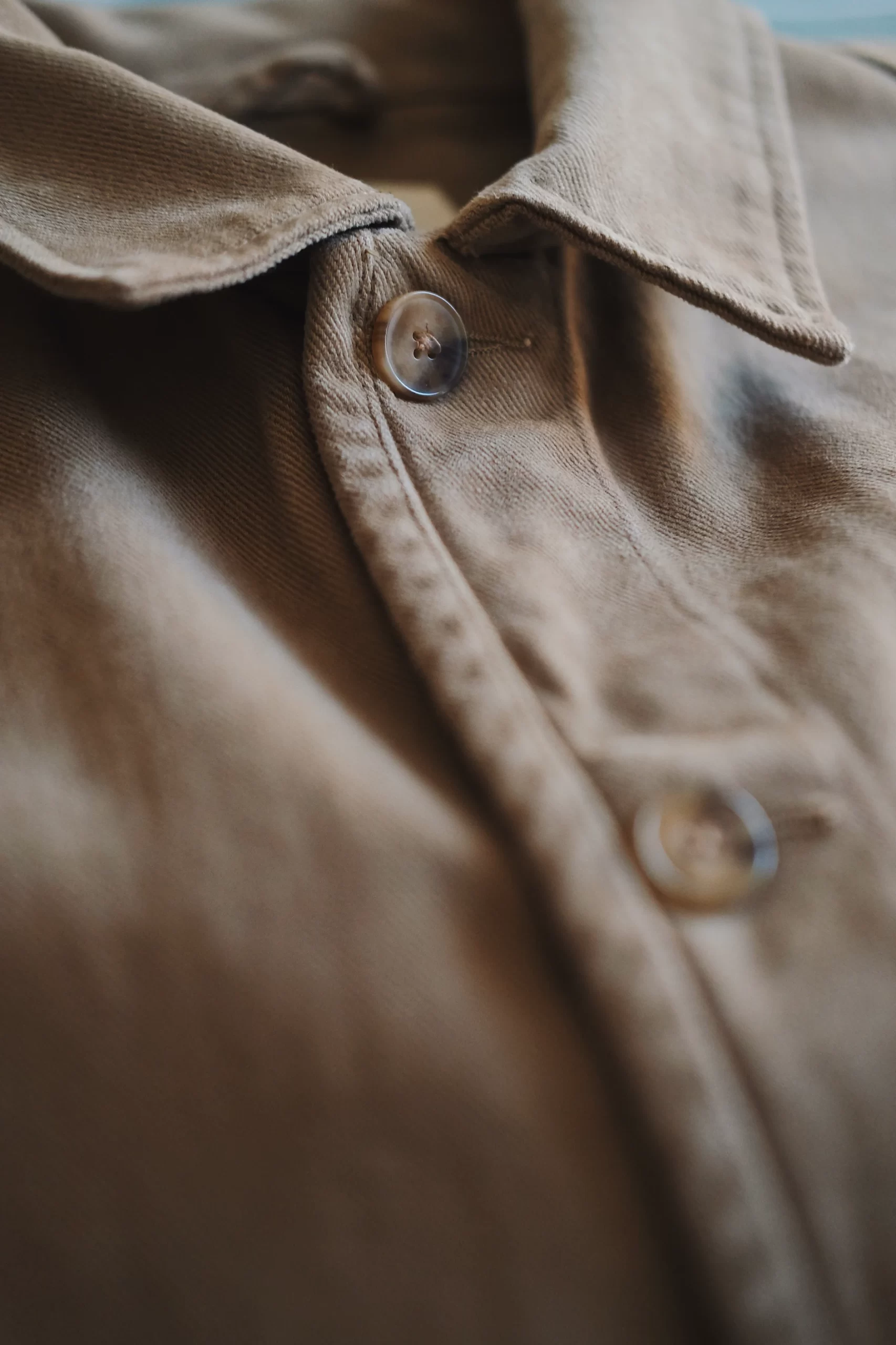Free Shipping Over $95

Slow Fashion: Embracing the Rise of a Sustainable Concept
In a world driven by fast fashion and disposable trends, a new concept is gaining momentum: slow fashion. This movement advocates for a more sustainable and ethical approach to clothing, focusing on quality, longevity, and conscious consumption. As consumers become increasingly aware of the environmental and social impacts of the fashion industry, slow fashion is enjoying increased acceptance in society. In this article, we will explore the principles and benefits of slow fashion and how it is reshaping the fashion industry.
Conscious Consumption:
At the core of slow fashion is conscious consumption. It encourages consumers to be mindful of their clothing choices, considering the environmental and social implications of their purchases. Slow fashion promotes buying fewer, but high-quality, durable pieces that can be worn for years rather than following fleeting trends. By adopting a more conscious approach to fashion, consumers can reduce waste, support ethical practices, and contribute to a more sustainable industry.

Quality Over Quantity:
Slow fashion prioritizes quality over quantity. Instead of buying cheap, low-quality garments that quickly fall apart, slow fashion advocates for investing in well-made, timeless pieces. These items are often crafted by skilled artisans using sustainable materials and ethical production practices. By choosing quality over quantity, consumers can build a more sustainable wardrobe that lasts longer and reduces the need for constant consumption.

Ethical Production:
One of the key principles of slow fashion is ethical production. Slow fashion brands prioritize fair labor practices, ensuring that workers receive fair wages and work in safe conditions. They often work with local artisans and small-scale producers, supporting local economies and preserving traditional craftsmanship. By supporting brands that prioritize ethical production, consumers can contribute to positive change and promote fair treatment of workers in the fashion industry..
Sustainable Materials:
Slow fashion emphasizes the use of sustainable materials. This includes organic and natural fibers, recycled fabrics, and upcycled materials. Slow fashion brands strive to minimize their environmental impact by choosing materials that are less resource-intensive and have a lower carbon footprint. By opting for sustainable materials, consumers can help reduce the demand for harmful materials and support the development of more eco-friendly alternatives.
Local and Independent Brands:
Slow fashion encourages the support of local and independent brands. By purchasing from local designers and artisans, consumers contribute to the growth of local economies and foster a more diverse and creative fashion landscape. Local brands often have a smaller environmental footprint, as they produce on a smaller scale and prioritize transparency and ethical practices. Supporting independent brands also allows consumers to discover unique and one-of-a-kind pieces that reflect their individual style.
Changing Fashion Industry Norms:
The rise of slow fashion is challenging the norms of the fashion industry. It encourages a shift away from the fast-paced, trend-driven model that perpetuates overconsumption and waste. Slow fashion challenges the industry to be more transparent, sustainable, and ethical. As consumers increasingly demand sustainable options, fashion brands are responding by adopting slow fashion practices, implementing sustainable initiatives, and prioritizing transparency in their supply chains. This shift is reshaping the industry and paving the way for a more sustainable and responsible fashion future.


